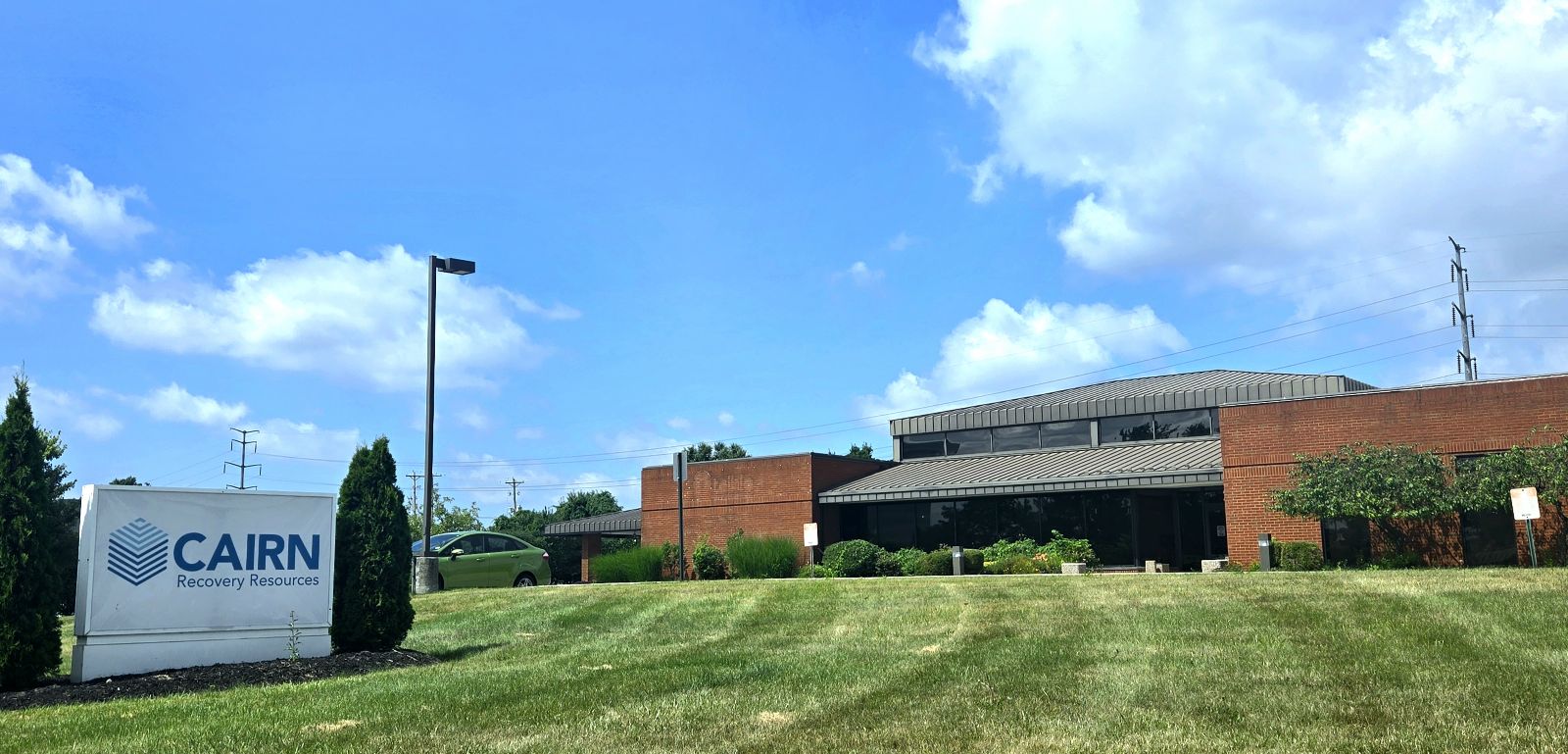Building Resilience in Addiction Recovery
 Credit: jcomp on Freepik
Credit: jcomp on Freepik
The journey of addiction recovery is often filled with challenges and setbacks. Developing resilience, the ability to bounce back from adversity and cope with stress, is crucial for maintaining long-term sobriety. By cultivating resilience, individuals in recovery can better navigate the ups and downs of the recovery process and build a foundation for lasting success.
Resilience is not only about overcoming obstacles but also about developing the inner strength and flexibility to adapt to change and maintain a positive outlook. It involves cultivating a mindset that embraces growth and learning, even in the face of adversity. By developing resilience, individuals in recovery can better manage cravings, triggers, and setbacks, and maintain their commitment to sobriety.
Understanding Resilience
Resilience is not a fixed trait but rather a set of skills and strategies that can be learned and developed over time. It involves the ability to adapt to change, manage difficult emotions, and maintain a positive outlook in the face of adversity. Resilient individuals are better equipped to handle stress, overcome obstacles, and bounce back from setbacks.
In the context of addiction recovery, resilience can help individuals cope with cravings, manage triggers, and maintain motivation during challenging times. It can also foster a sense of self-efficacy and empowerment, which are essential for long-term recovery. Resilience is not about avoiding or denying challenges but rather about developing the inner strength and flexibility to navigate them effectively.
Strategies for Building Resilience
Building resilience in addiction recovery involves a multifaceted approach that incorporates various coping strategies and support systems. Here are some effective strategies to consider:
- Develop a strong support network: Surround yourself with positive, supportive individuals who understand the recovery process and can offer encouragement and accountability.
- Practice self-care: Engage in activities that promote physical, emotional, and mental well-being, such as exercise, mindfulness practices, and healthy hobbies.
- Cultivate a positive mindset: Challenge negative thought patterns and replace them with more constructive and optimistic perspectives.
- Learn stress management techniques: Explore relaxation techniques, such as deep breathing exercises, meditation, or yoga, to help manage stress and anxiety.
- Embrace a growth mindset: View setbacks and challenges as opportunities for growth and learning, rather than as failures.
Building resilience is an ongoing process that requires commitment, perseverance, and a willingness to learn and grow. It involves developing a toolkit of strategies and support systems that can be adapted to meet the unique challenges and circumstances of each individual's recovery journey.
On the path to lasting recovery, developing resilience is essential for overcoming obstacles and maintaining sobriety. Resilience empowers individuals to adapt to change, manage difficult emotions, and cultivate a positive mindset, even in the face of adversity. At a top-rated addiction treatment center like Cairn Recovery Resources in east-central Ohio, evidence-based strategies are employed to help individuals build the resilience they need for a successful recovery journey. Our team provides compassionate support, equipping individuals with the tools and techniques to foster resilience, such as developing a strong support network, practicing self-care, and embracing a growth mindset. With resilience as a foundation, individuals can navigate challenges, manage triggers, and maintain their commitment to a fulfilling, sober life.
Contact us today at 740-487-3000 to application for services.
‹ Back









.png)